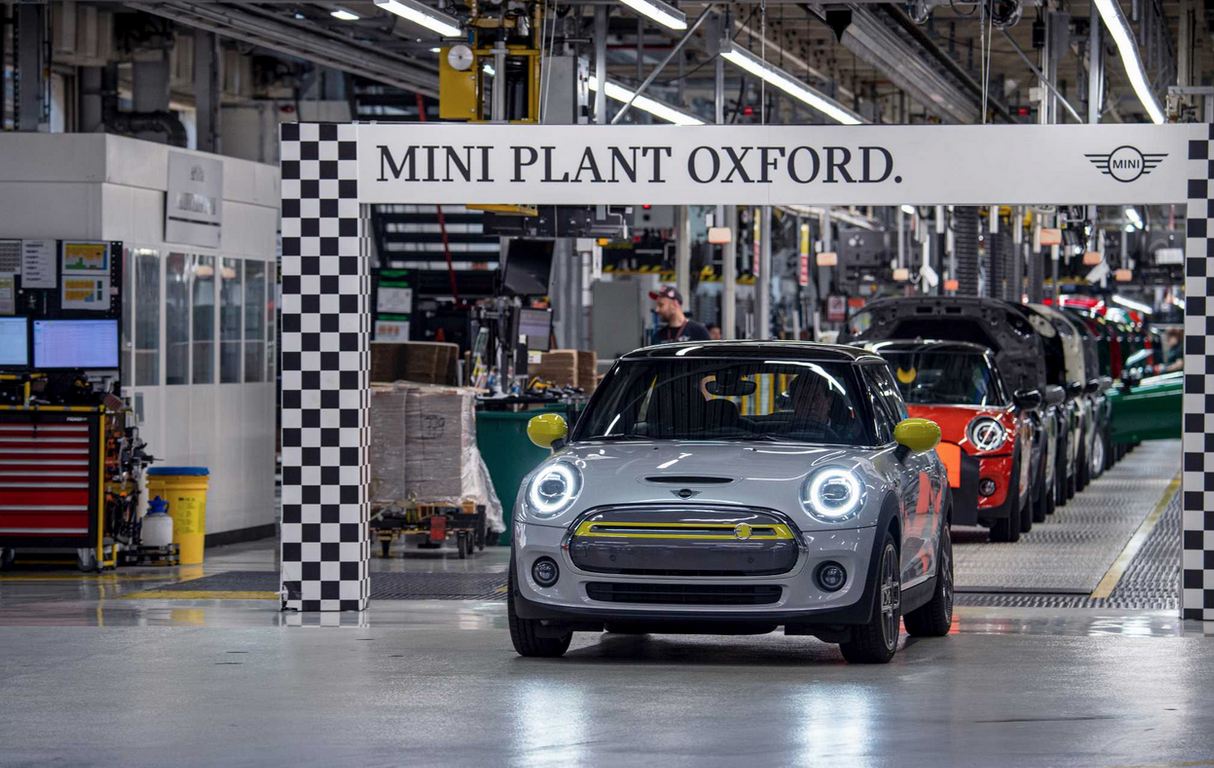
Will the electric Mini stay in the UK?

BMW Group is negotiating with the British government for subsidies to keep the electric Mini produced in England /Mini
BMW Group is reportedly negotiating with the British Department for Business, Energy, and Industrial Strategy (BEIS) to receive a £75 milli


Comments
Ready to join the conversation?
You must be an active subscriber to leave a comment.
Subscribe Today